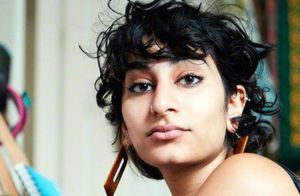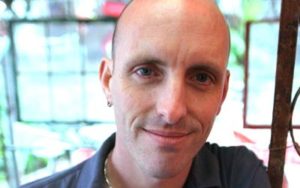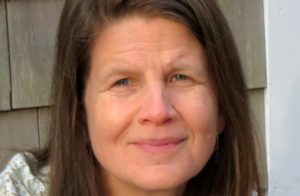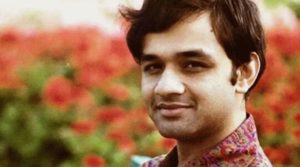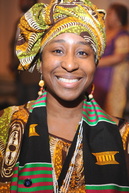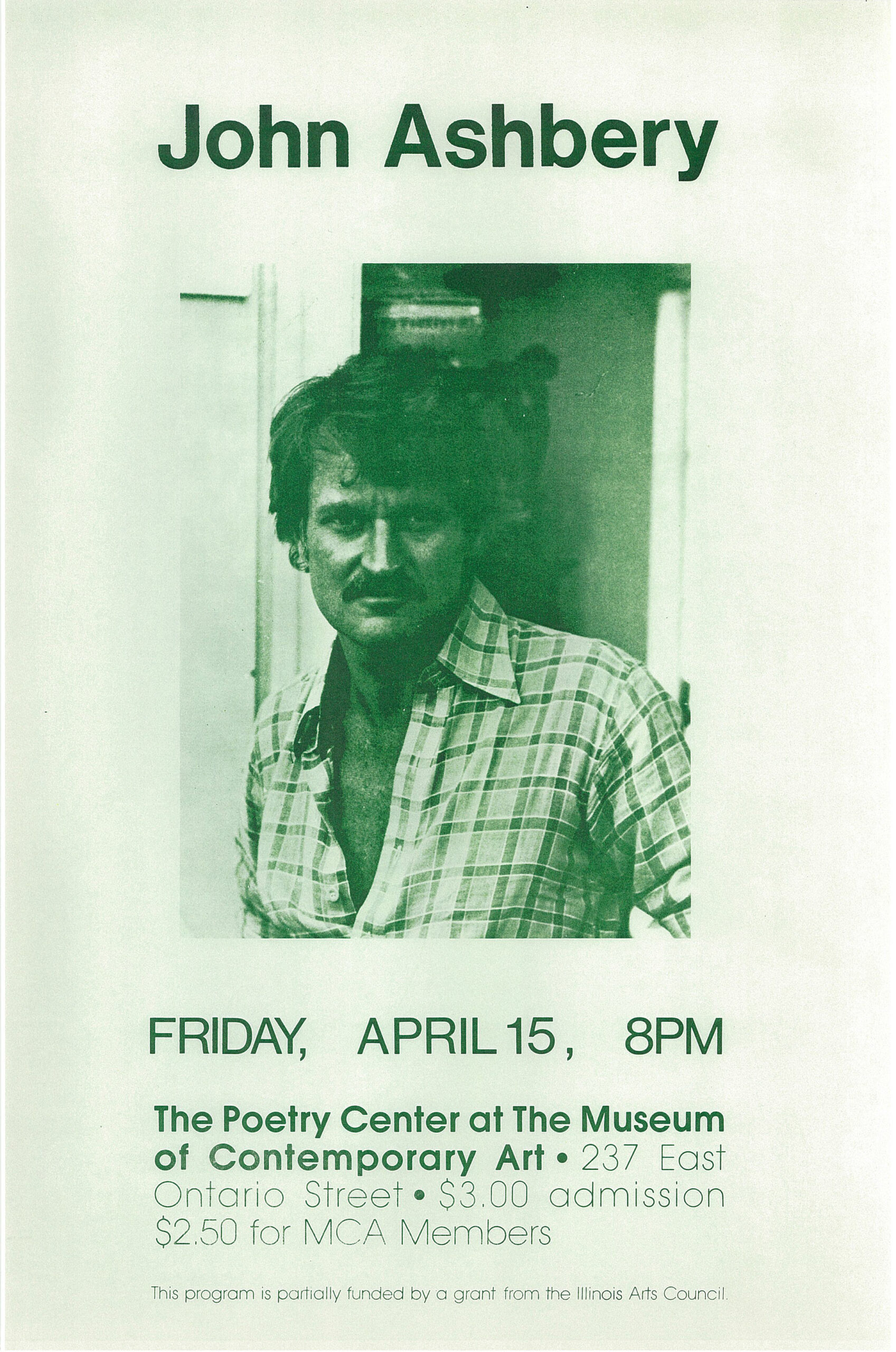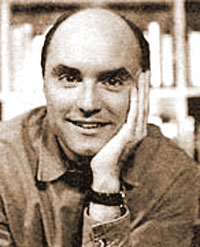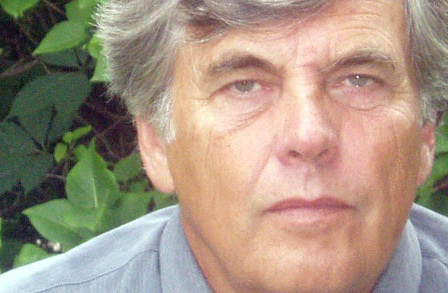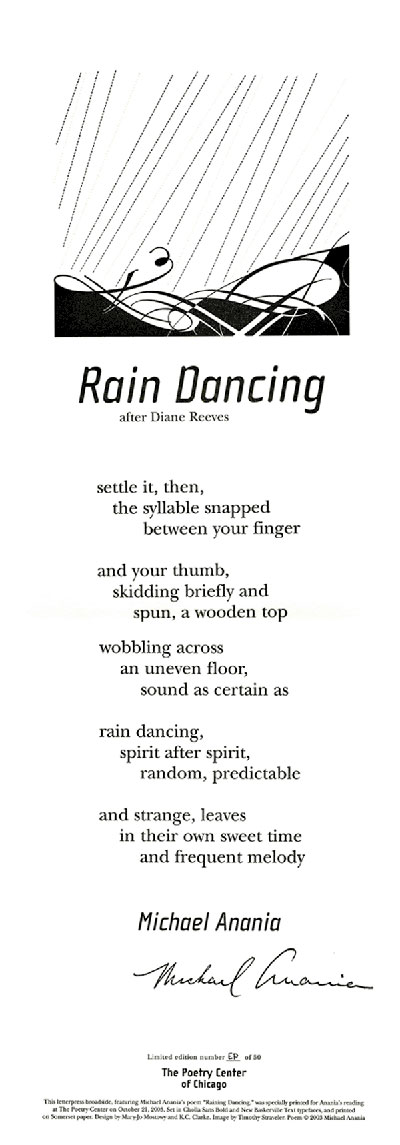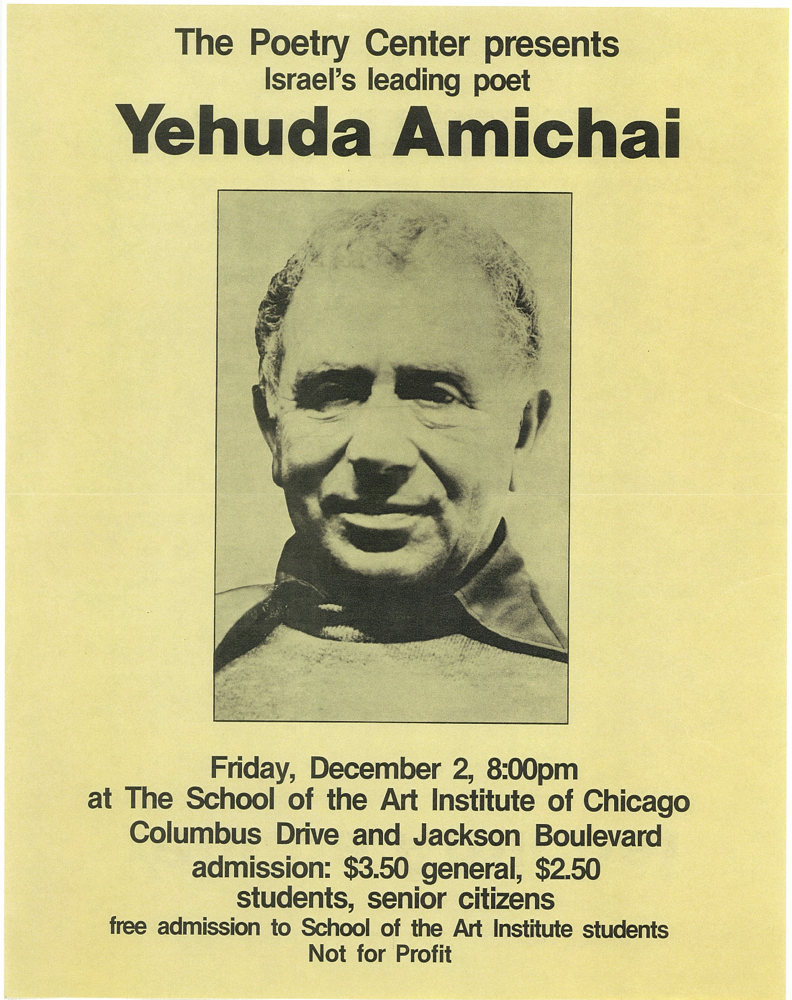Wednesday, October 6, 1993
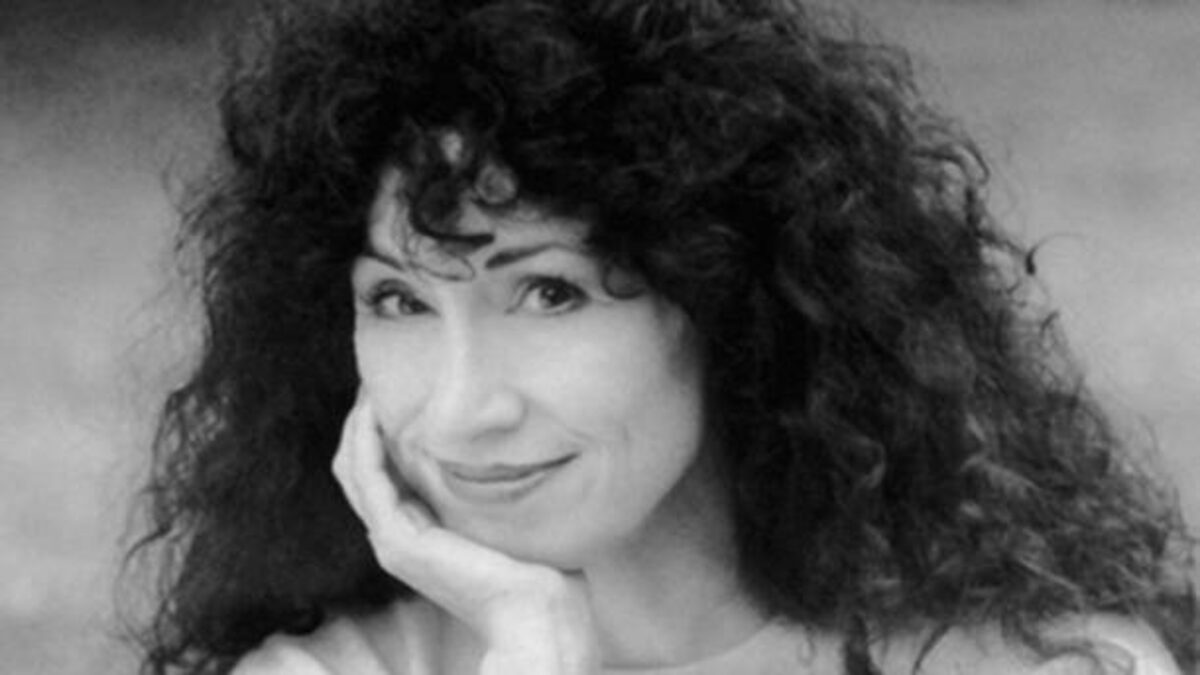
How my roots fandango,
shag down
dark as anchovy fillets
gibbet-curing
in the sun
or, wind-spurred,
dicker, dodder, swoop and dodge.
– Diane Ackerman, “Lament of the Banyan Tree”
Continue reading this poem⇒
Read this interview with Diane Ackerman from January Magazine:
Buy it on Amazon Books by Diane Ackerman Deep Play I Praise My Destroyer The Rarest of the Rare A Natural History of the Senses The Moon by Whale Light Jaguar of Sweet Laughter Reverse Thunder On Extended Wings Lady Faustus Twilight of the Tenderfoot Wife of Light The Planets: A Cosmic Pastoral For Children: Monk Seal Hideaway Bats: Shadows in the Night Anthology: The Book of Love (with Jeanne Mackin) If I had my druthers every prose book I wrote would be like inhaling jungle.
The old moon lying in the young moon’s arms
lives in the shadow of her crescent light
and yet he rounds her out, shields her from harm
as she ripens in the star-encrusted night.
– Diane Ackerman, “Natural Wonders”
Continue reading this poem⇒
Watch Diane Ackerman discuss her passion for nature writing from Kirkus TV:
Diane Ackerman is a poet who happens to write about science. Her latest book, THE HUMAN AGE, is about the unprecedented fact that the human race is now the single dominant force of change on the planet. Humans have “subdued about 75 percent of the land surface, concocted a wizardry of industrial and medical marvels, strung lights all across the darkness.”
More info on Diane Ackerman⇒
Poet, essayist, and naturalist, Diane Ackerman is the author of two dozen highly acclaimed works of nonfiction and poetry. She has received a P.E.N. Henry David Thoreau Award for Nature Writing, Orion Book Award, John Burroughs Nature Award, Visionary Artist Award, Guggenheim Fellowship, Lavan Poetry Prize, honorary doctorate from Kenyon College, among others, and has been lionized as a Literary Lion by the New York Public Library. Several of her books have been Pulitzer Prize and National Book Circle Critics Award finalists. In 2016, Ackerman was elected to the American Academy of Arts & Sciences.
